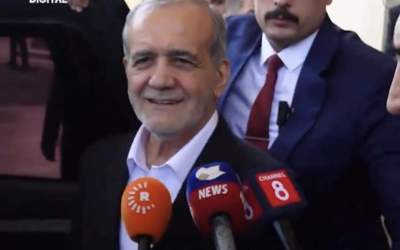Thursday 17 August 2017 - 14:28
Story Code : 272680
Iranian return to hajj could help end Saudi deadlock
Iran�s decision to end its boycott of the hajj, which followed the 2015 stampede that left 465 of�its citizens dead, comes at a time when tension with Saudi Arabia is at its peak. While Riyadh severed ties in early 2016 following the storming of its diplomatic facilities in Iran by protesters furious about Saudi Arabia�s execution of a dissident Shia cleric, there has been further escalation in recent months. Saudi Arabia, alongside Bahrain, Egypt and the United Arab Emirates, severed ties with�Qatar,�ostensibly over Doha�s continued relations with Tehran; in parallel, the Saudi foreign minister has referred to Iran as the greatest�state sponsor of terrorism. Yet�amid this tension, the�foreign ministers�of Iran and Saudi Arabia surprised political observers by shaking hands at the Organization of Islamic Cooperation�meeting in Istanbul on Aug. 1.
Although this encounter was�standard diplomatic practice, it received great attention in Iranian media and increased hopes for an opening in bilateral relations ��particularly since the handshake coincided with Iran�s decision to resume hajj pilgrimages. The latter decision, however, has had its share of domestic critics.
Read more�here
# Tags










